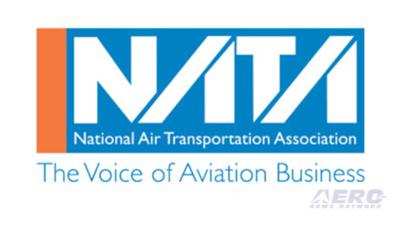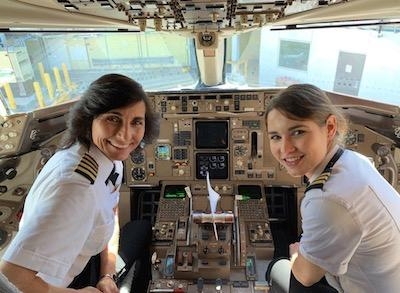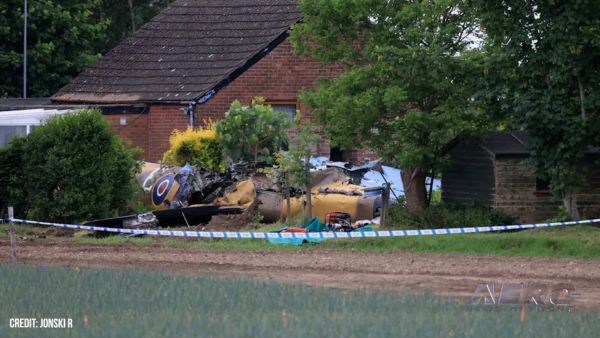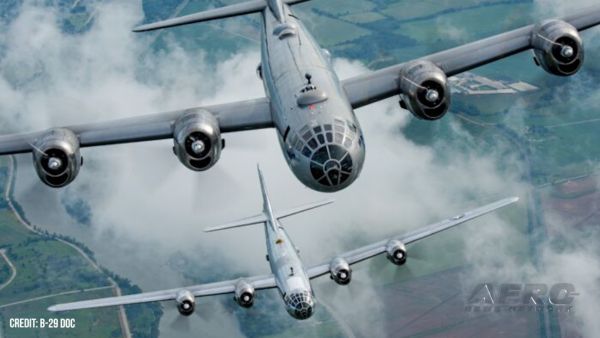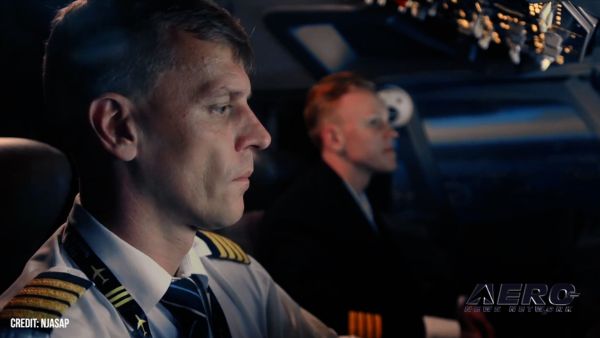Sat, Jun 06, 2020
Advertisement
More News
 ANN FAQ: Contributing To Aero-TV
ANN FAQ: Contributing To Aero-TV
How To Get A Story On Aero-TV News/Feature Programming How do I submit a story idea or lead to Aero-TV? If you would like to submit a story idea or lead, please contact Jim Campbel>[...]
 ANN's Daily Aero-Linx (05.29.24)
ANN's Daily Aero-Linx (05.29.24)
Aero Linx: International Association of Professional Gyroplane Training (IAPGT) We are an Association of people who fly, build or regulate Gyroplanes, who have a dream of a single >[...]
 ANN's Daily Aero-Term (05.29.24): NORDO (No Radio)
ANN's Daily Aero-Term (05.29.24): NORDO (No Radio)
NORDO (No Radio) Aircraft that cannot or do not communicate by radio when radio communication is required are referred to as “NORDO.”>[...]
 ANN's Daily Aero-Term (05.30.24): Beyond Visual Line Of Sight (BVLOS)
ANN's Daily Aero-Term (05.30.24): Beyond Visual Line Of Sight (BVLOS)
Beyond Visual Line Of Sight (BVLOS) The operation of a UAS beyond the visual capability of the flight crew members (i.e., remote pilot in command [RPIC], the person manipulating th>[...]
 ANN's Daily Aero-Linx (05.30.24)
ANN's Daily Aero-Linx (05.30.24)
Aero Linx: Malibu M-Class Owners and Pilots Association (MMOPA) The Piper M-Class Owners & Pilots Association (PMOPA) is a not-for-profit organization dedicated to the interest>[...]
blog comments powered by Disqus

